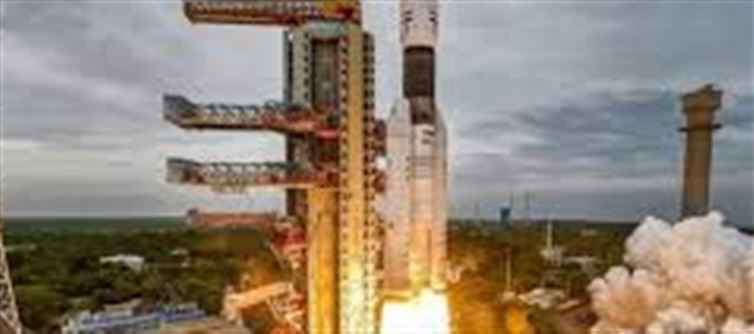
The National Council of Educational Research and Training (NCERT) has introduced two educational modules titled "India: A Rising Space Power," aimed at middle and secondary school students. These modules illustrate India's evolution in space science and technology, tracing its journey from the 1960s—when rockets were transported on bicycles and bullock carts—to its current status as a leader in cost-effective global space exploration, highlighted by achievements such as Chandrayaan-3 and Aditya-L1.
The modules outline the transition of the indian National Committee for Space Research (INCOSPAR), established in 1962 by vikram Sarabhai, into the indian space research organisation (ISRO), one of the world's premier space agencies. They emphasize ISRO's commitment to low-cost, robust missions that integrate simplicity with advanced technology.
Key historical missions covered include Aryabhata, India's first satellite launched in 1975, and the Satellite Instructional television Experiment (SITE), which brought television to rural India. Recent highlights include Chandrayaan-1, which discovered water molecules on the Moon; Mangalyaan, India's successful Mars Orbiter; and Chandrayaan-3, marking the first lunar landing at the Moon's south pole.
The modules also discuss the potential of future projects like the NISAR mission and the Gaganyaan programme, which aims to send astronauts into low Earth orbit. They underscore the impact of India's space programme on daily life through applications such as navigation, telemedicine, and disaster management. Furthermore, with over 200 startups joining the space sector, india is positioning itself to capture 8% of the global space economy by 2035. By intertwining science, culture, and innovation, these modules seek to inspire the next generation of learners and highlight the significance of India's space journey.
Disclaimer: This content has been sourced and edited from Indiaherald. While we have made adjustments for clarity and presentation, the unique content material belongs to its respective authors and internet site. We do not claim possession of the content material..jpg)




 click and follow Indiaherald WhatsApp channel
click and follow Indiaherald WhatsApp channel